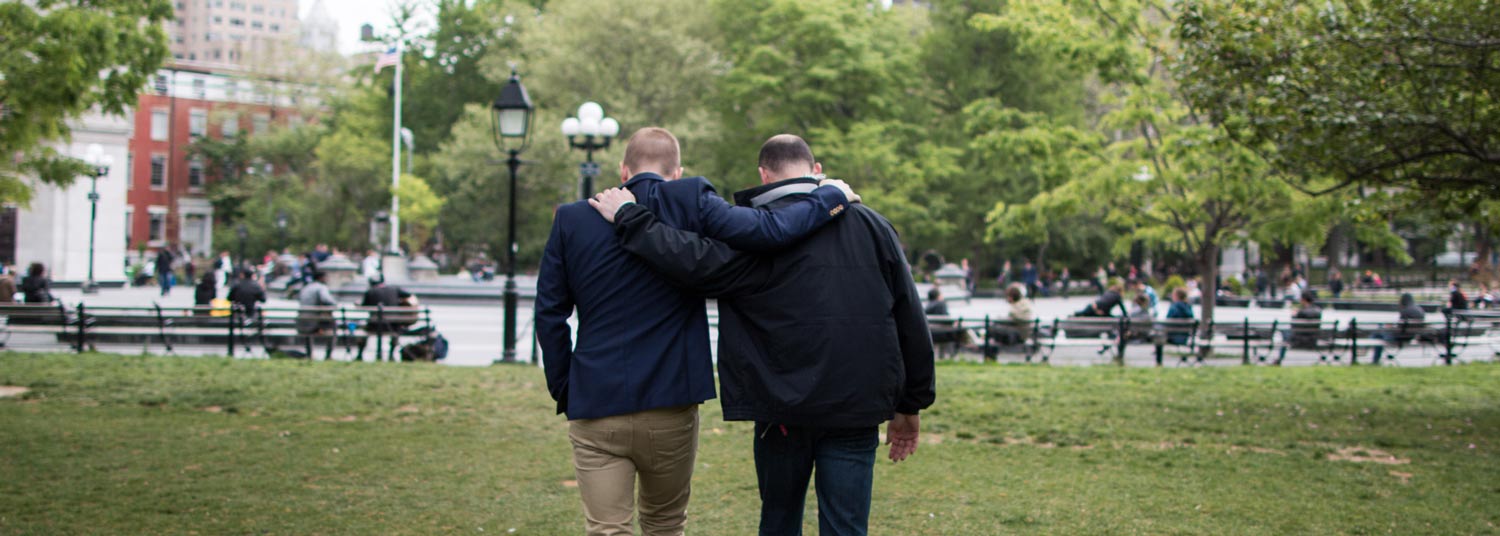
Why You Shouldn't Follow Your Passion... and What to Do Instead

"Telling someone to quit their job and follow their passion is irresponsible and reckless." I said with a little too much emphasis.
Suddenly I had everyone's attention... it was time for a little story.
"Just Follow Your Passion"
Earlier this year I got a call from a friend who was debating a big career decision.
"Alex" is a 37 year old electrical engineer with 3 of the cutest little kids you'll ever meet.
On the call, Alex was looking for advice on how he could turn his passion for photography into freelance photography business...
... all while dropping lines like "I have to follow my passion" and "I just don't feel fulfilled in life."
Knowing his backstory and his family (his wife is a stay-at-home mom), I asked him a pointed question:
"How will your current skills give you an advantage over other photographers?"
"Well I don't know... everyone loves my photos and I feel like I could make it a business." he said.
"Without a competitive advantage why do you think this is a good idea to pursue?" I asked, trying not to feel heartless.
And after a few minutes of justifications he finally replied "I feel like if I'm not following my passion, I'm wasting my life."
Why "Follow Your Passion" is Bad Advice
I wouldn't have a problem if people were preaching advice like "always wear you seatbelt" or "don't drink and drive" but when a huge subset of the online entrepreneurship culture is all preaching this hurtful advice, there is a problem.
It's a problem because telling people to "follow their passion" makes people who aren't following their passion feel "less than" those who are.
It's a problem because this conversation with Alex, is just one of many I've had over the past 2-3 years.
It's a problem because it leaves thousands feeling "broken and empty inside" even though they make a real meaningful contribution to the world.
It's a problem because there is a now a large industry of coaches and "mastermind groups" who profit from helping you find your passion.[1]
A Gameplan for Finding Meaningful Work
As Alex and I dug deeper into his situation, and it was clear he was being micromanaged at work and wanted to make a serious change.
This "heavy internal feeling" combined with more than a few friends on Facebook preaching the "follow your passion" path, was more than enough to convince him that a DRASTIC change (instead of a subtle one) was required.
As we continued to chat, I shared with him the basics of Self Determination Theory and how it relates to finding meaningful work. [2] [3]
The 3 Key Elements of Meaningful Work
- A feeling of relatedness or that your work matters.
- Autonomy of how you spend your day.
- Progression towards mastery
As we talked these 3 elements through Alex began to realize that his current work environment and boss where his real problem... not that he wasn't "following his passion."
What to Do Instead of Following Your Passion
After talking with at least 15 entrepreneurs in private settings and 100+ via email about this very topic, my advice is as follows:
Get it? Good.
Now if you're looking to add more meaningful work to your life, then here is a simple process that works:
Step 1: Do a thorough inventory of your current skills and expertise.
- What are you REALLY good at?
- What do you enjoy?
- What work do you never want to do again?
Step 2: Evaluate how your current work is satisfying the 3 elements of meaningful work on a scale of 1 to 10.
- Does your work impact the lives of others?
- Do you have autonomy of how to spend your day?
- Are you consistently "leveling up" your skills?
Step 3: Figure out what changes you need to make.
- Don't do this part willy-nilly.
- Figure out 2-3 options and then have a candid conversation with your family and people you trust.
Step 4: If you think working for yourself is the answer... look for an overlap of your current skills/expertise with the new direction you want to go... instead of starting from scratch.
Did Alex Drop Everything and Follow his Passion?
After several conversations together, Alex decided that instead of "hitting the reset button" on his career and becoming a professional photographer... that he'd instead keep his photography a hobby and started freelancing within his expertise on the side.
Then once he built a runway and a small client base so he could work for himself and quit his job without big financial repercussions.
As of last week, (almost 3 months from our initial conversation) Alex has landed 6 small jobs to build up his portfolio on oDesk, has one client on a small retainer (about a 1/3rd of his required monthly income), and is now working on closing 3 larger contracts through his personal network.
If everything goes according to plan and he closes 1 of the 3 larger contracts, he'll be in a solid place to begin working for himself and if they all fall through... there is no doubt he'll be working for himself in the next next 4-6 months.
Note: The picture at the top of this post is not Alex. It's my good friend Dan Jarvis.
Reference List:
- Since this post is mostly a rant, I just have to say I'm astonished by the number of people who email me asking for advice on how to build a business teaching people how to build a business.^
- While I think SDT isn't 100% the "definitive" way of looking at human behavior, it's a helpful model. For an intro, read over the Wikipedia page.^
- Fernet, C., Guay, F., & Senecal, C. (2004). Adjusting to job demands: The role of work self-determination and job control in predicting burnout.Journal of Vocational Behavior, 65, 39–56.^